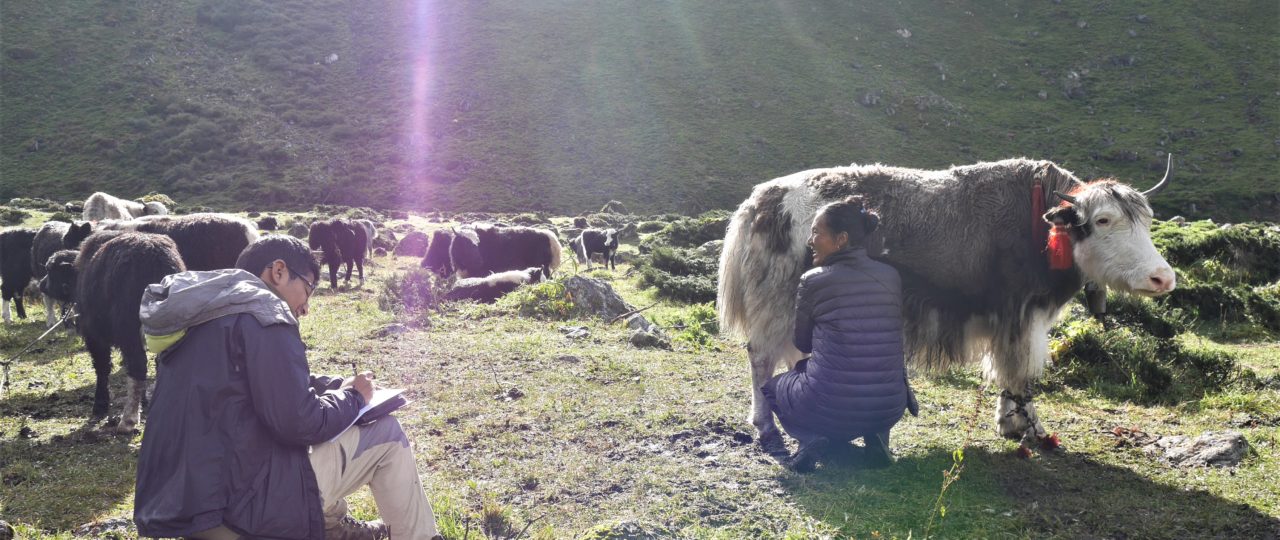New paper: Perspectives of traditional Himalayan communities on fostering coexistence with Himalayan wolf and Snow leopard
In this recently published study led by Naresh Kusi, we explore the perceptions of local mountain communities in the Nepalese Himalayas towards Himalayan wolves and snow leopards. We bring to light the key drivers for the attitudes and also present the locally preferred conservation solutions.
Interestingly, we find that livestock depredation resulted in a negative attitude for wolves but not for snow leopards. Because the carnivore conservation interventions in the Himalayan landscapes currently focus primarily on snow leopards only, we suggest that such interventions should move towards including the entire predator guild to ensure long-term success and also to protect the overall Himalayan ecosystem. We also reveal that financial compensation for depredation losses (applicable only for snow leopards at present) does not cover the market price of the lost livestock which makes the local communities less supportive. We suggest including all large carnivores in the livestock insurance scheme and increasing the compensation amount to at least the equivalent of the market cost of a replacement calf. Similarly, we also posit that the community-owned conservation approach, as practiced in Kanchenjunga Conservation Area (KCA), is the most effective among the different management schemes applied in the Nepalese Himalayas to foster a positive coexistence with carnivores.
We identify two things as important to improve local commitment toward more sustainable carnivore conservation; i) the need for construction materials to build stronger livestock corrals and ii) the need for compensation amount equivalent to the loss. In addition, educational resources communicating the interrelatedness of different species and the importance of biodiversity for ecosystem resilience will be helpful to ensure positive coexistence.
The insights from this study are important for planning conservation actions we anticipate to implement together with the local communities in the near future.
Find the study here: https://conbio.onlinelibrary.wiley.com/doi/full/10.1111/csp2.165
